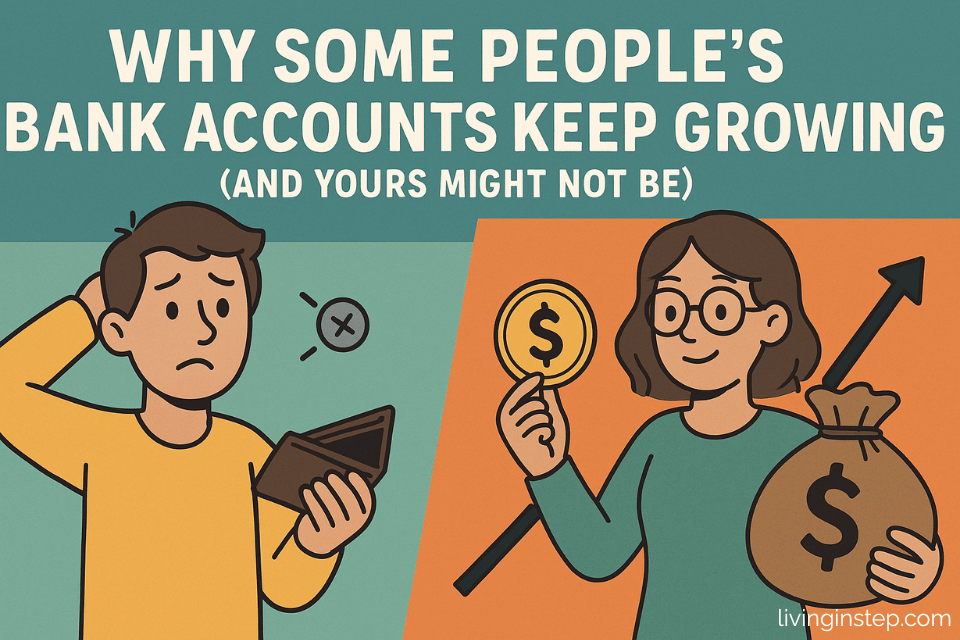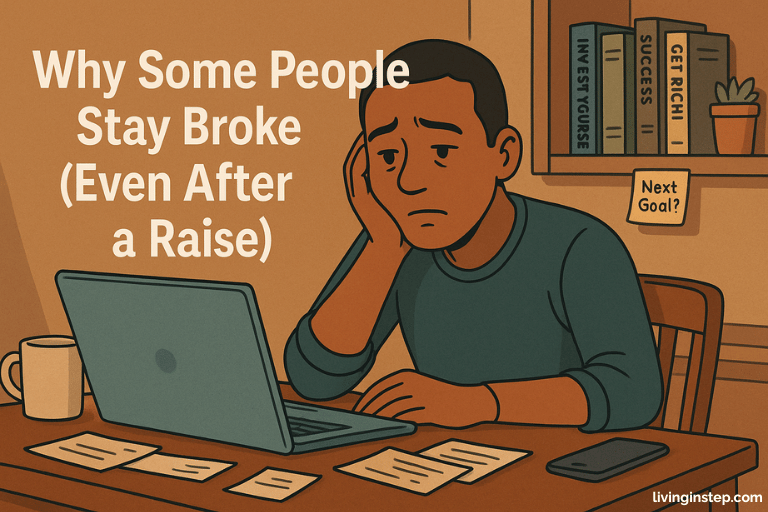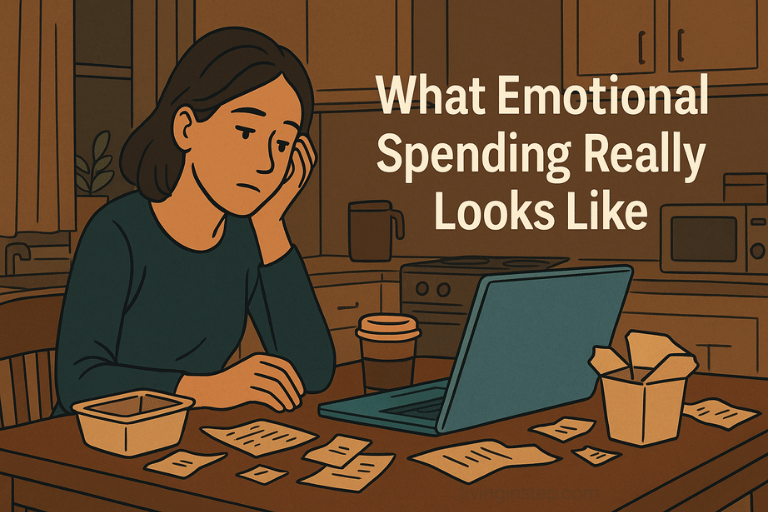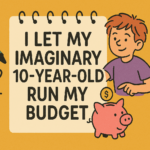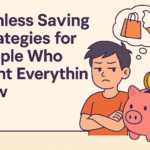Ever notice how some people always seem to have money left over?
They’re not flashing it
They’re not making a show of it
But their accounts keep ticking upward
While others are just trying to keep up
It’s not always about how much they earn
Sometimes, it’s more about how they handle what they have
So… what’s going on behind the scenes?
The answer isn’t anything remarkable or earth-shattering.
It’s rarely a side hustle
It’s not hitting the right stock at the right time
And it’s almost never extreme discipline
It’s usually a few small patterns that quietly add up
Things most people wouldn’t notice unless they were looking closely
Have you ever wondered what those differences actually look like?
It starts with what they don’t spend
The people whose accounts are steadily growing tend to have one thing in common:
They don’t spend everything that’s available
That’s it
Not a grand financial strategy
Just a quiet decision to leave some of it untouched
Not forever. Not hoarded.
Just… left alone long enough to build
So at this point, you might be thinking—ah, that’s it. Just spend less. Got it.
And if that worked on its own, this would be a much shorter article.
But what happens next—after that decision not to spend everything—is what actually sets people apart.
They don’t celebrate paydays—they manage them
Here’s something interesting:
The ones who are building real financial breathing room don’t treat payday like a personal holiday
They don’t suddenly feel richer
They don’t go looking for something to buy
They’re already thinking about where the money needs to go before it lands
And that habit alone can change a lot
You ever felt like your paycheck disappeared before you even used it?
This might be the difference
Their “fun money” has limits—even if no one’s watching
One of the biggest differences?
The people whose accounts grow tend to set quiet boundaries
Not restrictions
Just small decisions like:
“This is my weekend money.”
“I get one delivery this week.”
“If it’s over $50, I think about it overnight.”
Nobody’s forcing these rules
There’s no app tracking every penny
They just give their money purpose—before it finds one on its own
They create distance between spending and deciding
Impulse spending doesn’t always look reckless
Sometimes it’s just a moment where you had easy access and no resistance
The people who save without thinking about it often do something simple:
They make it harder to access everything at once
A second account
A buffer
A transfer out of sight
That little bit of friction? It protects what’s growing
And they barely notice it after a while
They don’t wait until the end of the month to save
This one shows up a lot
People with growing accounts rarely say, “I’ll save what’s left over”
They save first
Then spend what’s left over
Even if the numbers are small
Even if it doesn’t feel like it matters yet
Because over time? That small habit compounds
You ever tried saving first and noticed how the rest somehow adjusts?
Final thought
There’s no single secret to a growing bank account
But there is a distinct pattern that emerges
It usually looks like a dozen tiny decisions that happen before the money disappears
Not drastic changes
Not total denial
Just a quiet system of “this goes here, that stays there”
The result?
Less friction
Less wondering where the money went
And a balance that grows—not because they’re lucky, but because they’re consistent
That’s what most people don’t see
Because the exciting part?
It only shows up after the boring part has been repeated long enough to matter

